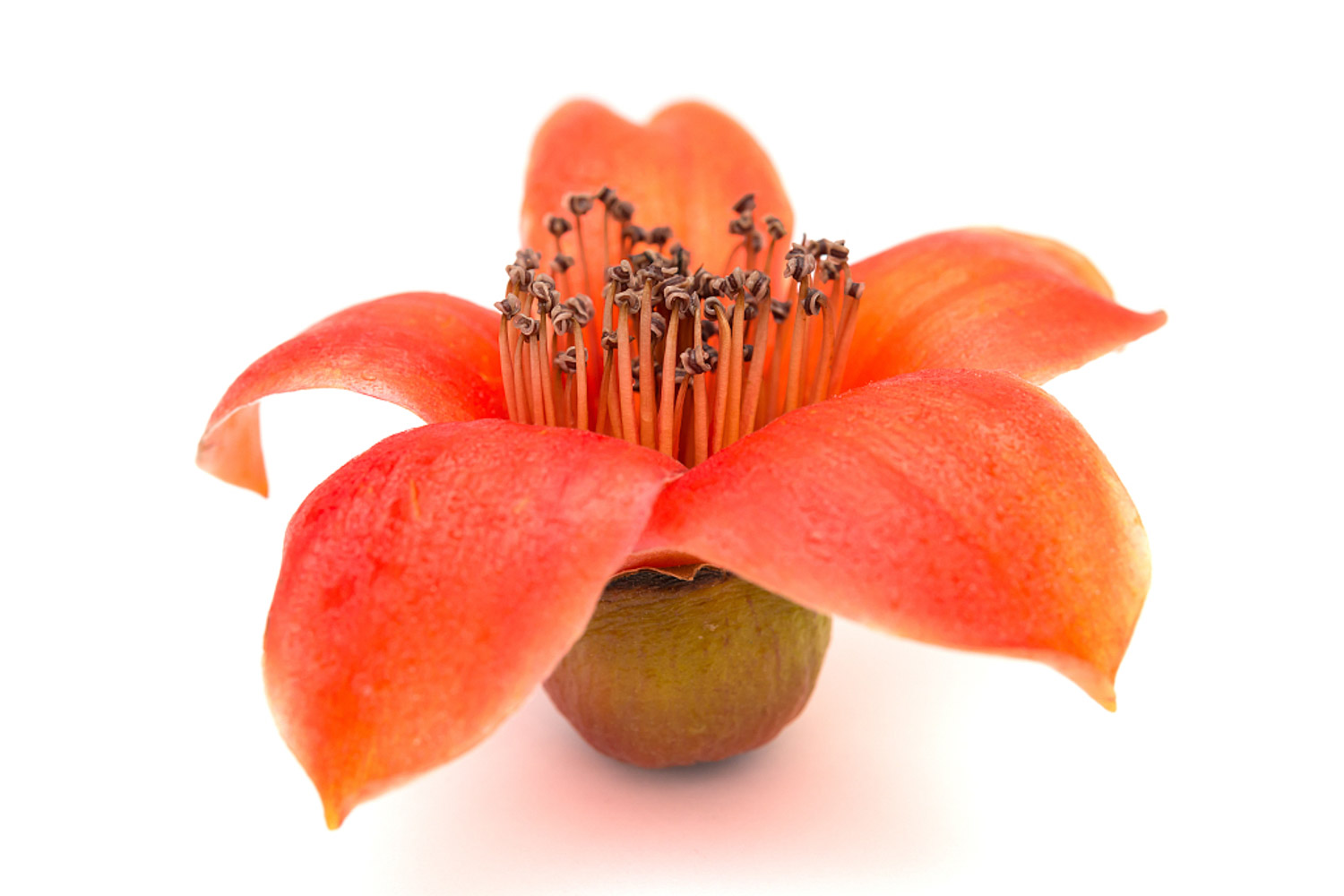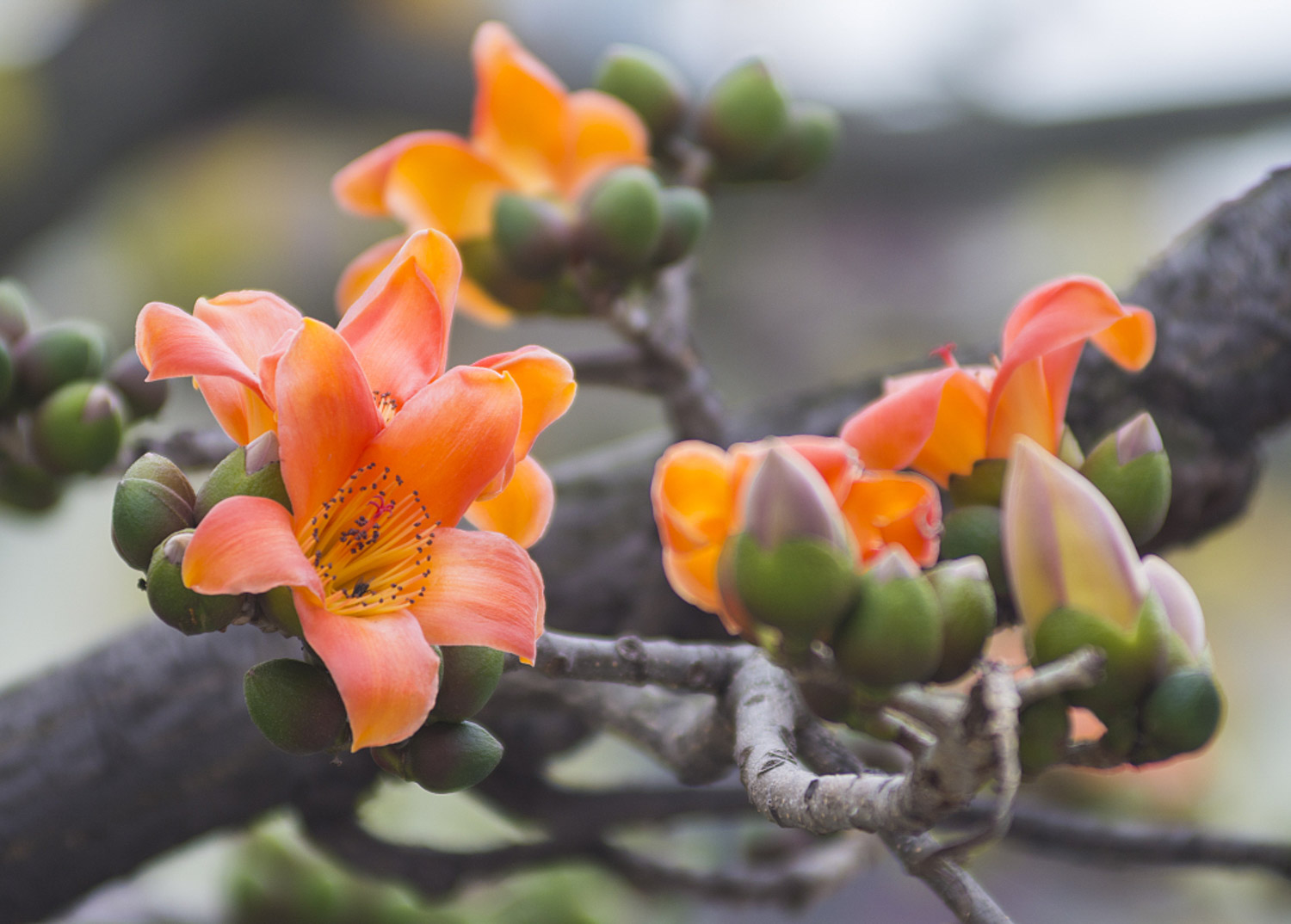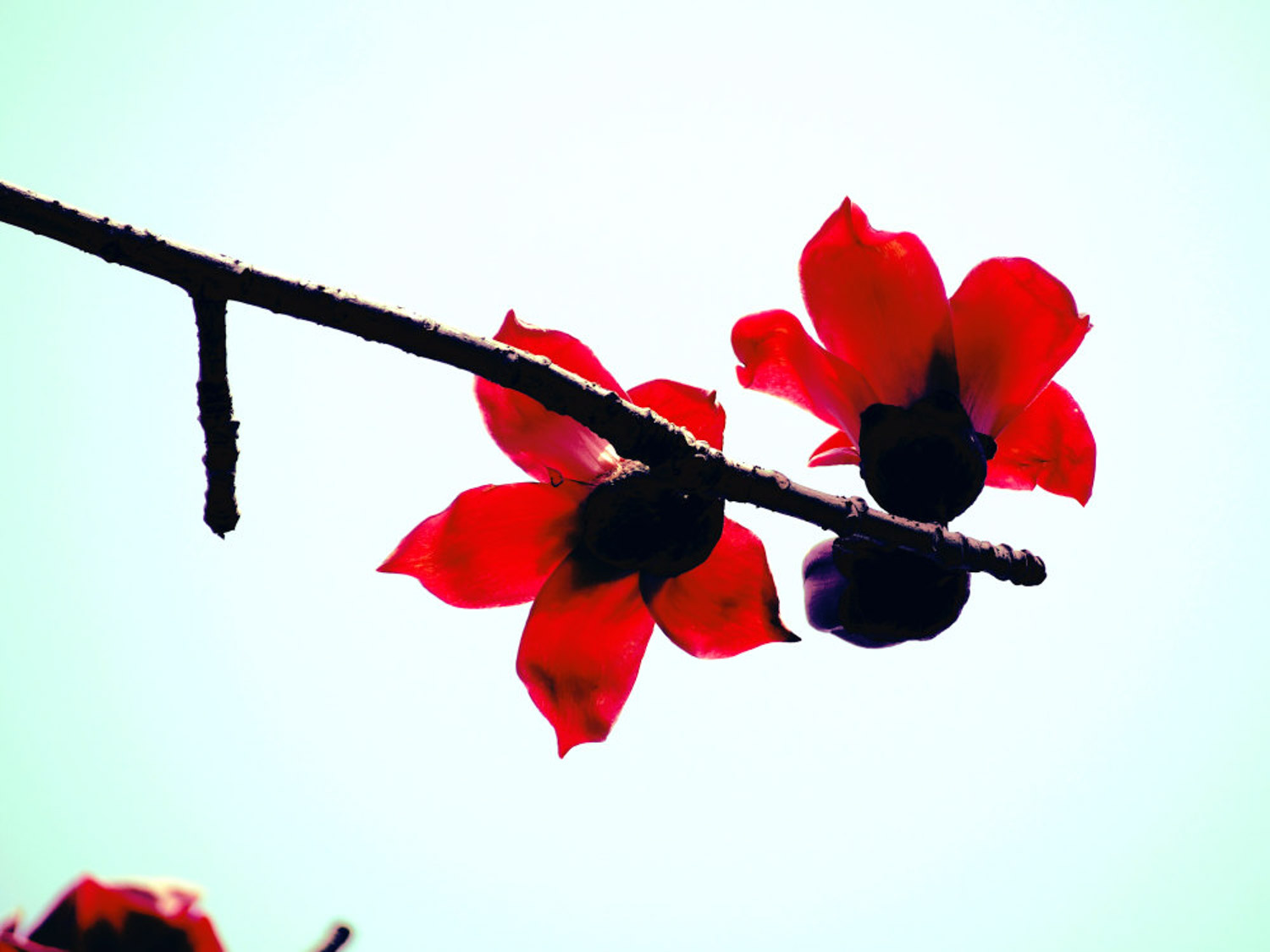1、 Cultivation of potted kapok
1. Pot soil: when potting kapok, the soil with high porosity, strong drainage performance and slight acidity should be used. It is best to prepare it by yourself. Mix it with rotten leaf soil, sandy soil and vegetable garden soil, and then add an appropriate amount of base fertilizer. Pay attention to disinfection after preparation

2. Light: kapok likes the sun. During pot culture, it should be placed in the light and let it bask in the sun more. The overall growth of light foot will be better. Light deficient plants tend to grow in vain and hinder growth
3. Temperature: the cold resistance of kapok is relatively weak. It should be moved indoors in the winter of potted maintenance, and the minimum indoor temperature should be more than 5 degrees, otherwise it is easy to be frostbitten. Usually, it's best to provide it with a temperature between 20 and 30 degrees

4. Watering: it has strong drought resistance and is not resistant to water logging. Watering during potting maintenance does not need to be too frequent, and it is best to dry the soil. Pay attention to control the amount of watering, rather dry than wet. In addition, in case of continuous rainy days, drainage treatment shall be carried out and ponding shall be avoided
2、 Kapok blooms in a few years
Kapok can blossom in a few years, depending on which method is used for reproduction. If it is propagated by grafting, flowering will be much easier. Generally, it can bloom when it is maintained for one or two years. If the seedlings are sown and propagated, they should be maintained for many years, at least about ten years


 how many times do yo...
how many times do yo... how many planted tre...
how many planted tre... how many pine trees ...
how many pine trees ... how many pecan trees...
how many pecan trees... how many plants comp...
how many plants comp... how many plants can ...
how many plants can ... how many plants and ...
how many plants and ... how many pepper plan...
how many pepper plan...





























